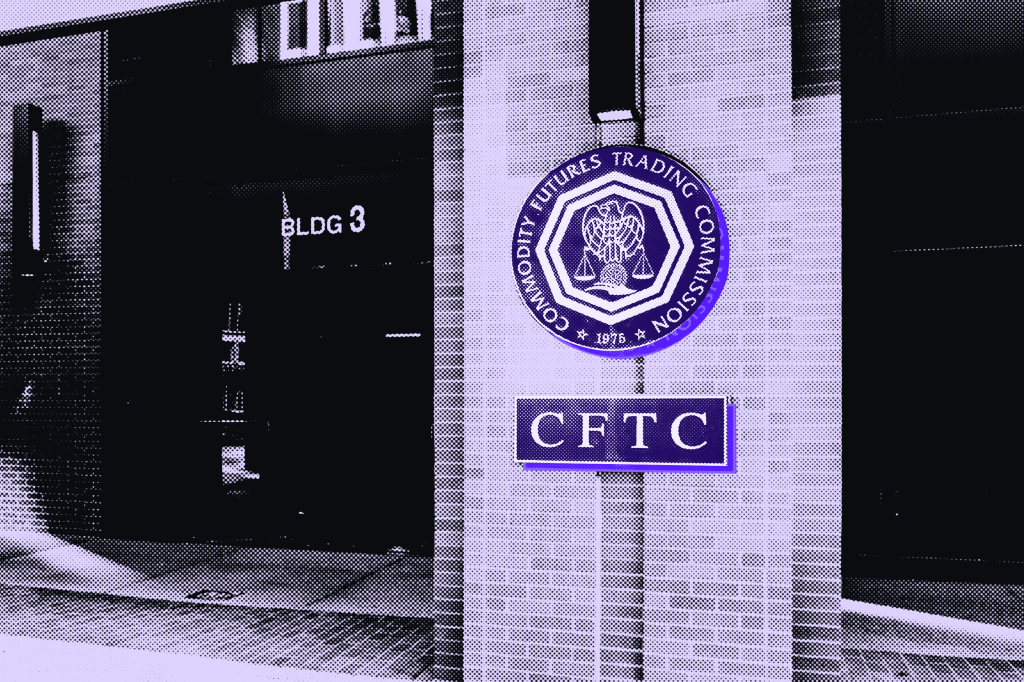Trading by organised crime groups (OCGs), alongside ways for firms to mitigate the risk of inadvertently facilitating it, is the focus of the FCA’s Market Watch 77.
The regulator suggests somewhat surprisingly, that trading by members of OCGs accounts for a significant proportion of the overall volume of suspicious trading
Register for free to keep reading.
To continue reading this article and unlock full access to GRIP, register now. You’ll enjoy free access to all content until our subscription service launches in early 2026.
- Unlimited access to industry insights
- Stay on top of key rules and regulatory changes with our Rules Navigator
- Ad-free experience with no distractions
- Regular podcasts from trusted external experts
- Fresh compliance and regulatory content every day















